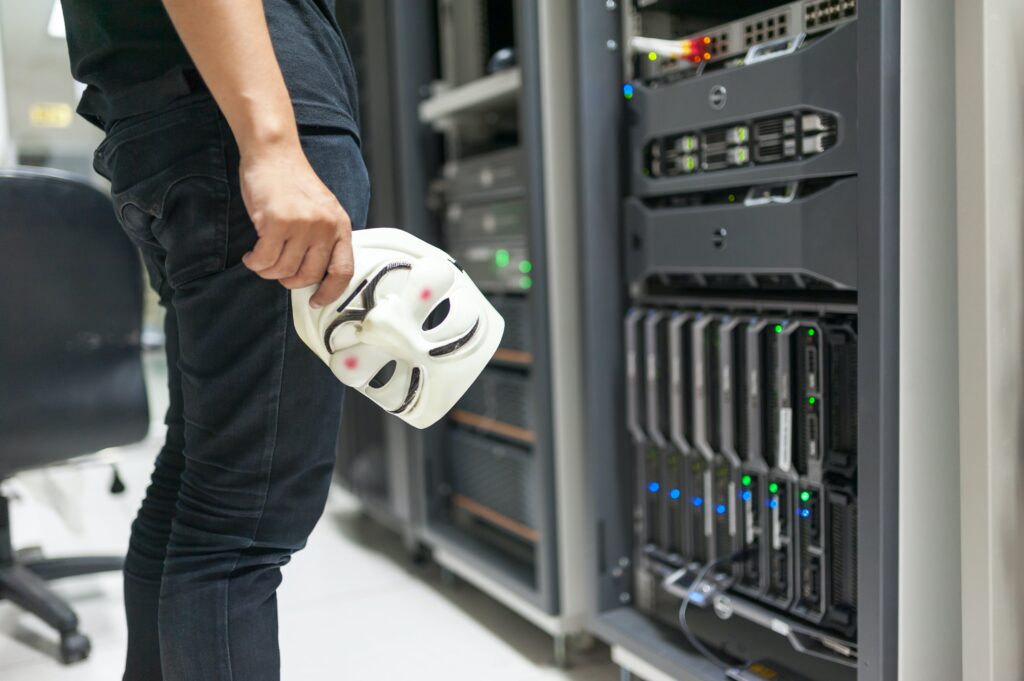In the digital age, hackers have captured the imagination of popular culture, becoming iconic figures in movies, television shows, and news headlines. The term “hacker” carries a complex blend of mystery, intrigue, and sometimes fear. This article aims to explore the reasons behind the popularity of hackers, shedding light on the factors that contribute to the fascination with these enigmatic individuals.

1. Technological Prowess:
One of the primary reasons hackers have gained popularity is their exceptional technological prowess. Hacking requires a deep understanding of computer systems, networks, and software. The ability to navigate the complex world of coding and exploit vulnerabilities in digital systems is often seen as a form of high-tech wizardry. The allure of mastering these skills contributes to the fascination with hackers.
2. Counterculture Appeal:
Hackers often embody a counterculture spirit that rebels against established norms. This rebellious ethos, combined with a sense of independence, attracts individuals who identify with the idea of challenging authority and pushing boundaries. The image of a lone hacker working against the system resonates with those who see themselves as outsiders or nonconformists.
3. Media Portrayal:
The media plays a significant role in shaping public perceptions, and hackers are no exception. Movies like “The Matrix,” “Hackers,” and TV shows like “Mr. Robot” often portray hackers as antiheroes with a mysterious and edgy allure. These fictional narratives amplify the intrigue surrounding hackers and contribute to their popularity.
4. Sense of Anonymity:
The notion of anonymity is deeply ingrained in the hacker mystique. The use of aliases, online monikers, and digital masks adds an extra layer of intrigue. This sense of anonymity creates an air of mystery, allowing hackers to operate in the shadows and leaving people curious about the faces behind the code.
5. Cybersecurity Challenges:
In the cybersecurity community, ethical hacking challenges, known as Capture The Flag (CTF) competitions, have gained popularity. These events simulate real-world hacking scenarios, allowing participants to test and showcase their skills. The competitive nature of CTFs contributes to the perception of hacking as a sophisticated and intellectually stimulating activity.
6. Impact on Popular Culture:
Hackers have become cultural icons, influencing fashion, language, and even art. The imagery of hooded figures in front of computer screens has permeated popular culture, creating a visual shorthand for hacking and cybersecurity. This influence further cements the association between hackers and a certain mystique.
7. Symbol of Resistance:
In some contexts, hackers are seen as symbols of resistance against oppressive systems. Whether fighting for freedom of information, government transparency, or individual privacy, hackers are perceived as digital warriors challenging the status quo. This rebellious spirit adds to their popularity, especially among those who advocate for digital rights.
8. Perception of Genius:
The perception of hackers as intellectual geniuses contributes significantly to their popularity. The ability to understand complex systems, identify vulnerabilities, and manipulate digital environments requires a high level of intelligence. This portrayal of hackers as genius-level thinkers enhances their mystique and captivates those who admire intellectual prowess.
9. Cat-and-Mouse Dynamic:
The constant battle between hackers and cybersecurity professionals creates a captivating cat-and-mouse dynamic. As security measures evolve, hackers adapt and find new ways to breach systems, prompting cybersecurity experts to respond with innovative defenses. This ongoing narrative of challenge and response fuels the fascination with the ever-evolving world of hacking.
10. High-Profile Hacking Incidents:
High-profile hacking incidents, such as data breaches affecting major companies or political entities, garner significant media attention. The public’s fascination with these events stems from the real-world impact hackers can have on institutions and individuals. The notoriety gained from successful attacks adds to the mythos of hackers as formidable and influential figures.
11. Mystery Surrounding Motivations:
The motivations of hackers are often shrouded in mystery. While some hackers are driven by financial gain, others may seek notoriety, political activism, or the thrill of the challenge. The diverse range of motives adds complexity to the hacker persona, making it difficult to generalize and contributing to the intrigue surrounding their actions.
12. Influence on Pop Culture Language:
The language of hackers has permeated everyday discourse, further contributing to their popularity. Terms like “hack,” “crack,” and “cybersecurity” have become commonplace, reflecting the integration of hacker culture into mainstream language. This linguistic influence reinforces the idea that hacking is a powerful and pervasive force in the digital landscape.
In conclusion, the popularity of hackers can be attributed to a combination of technological expertise, counterculture appeal, media portrayal, and the influence of high-profile incidents. While the mystique surrounding hackers is undeniable, it’s essential to differentiate between the romanticized image presented in popular culture and the real-world consequences of illicit hacking activities. Ethical hackers, who use their skills responsibly to strengthen cybersecurity, play a crucial role in demystifying hacking and promoting a positive image of cybersecurity expertise.